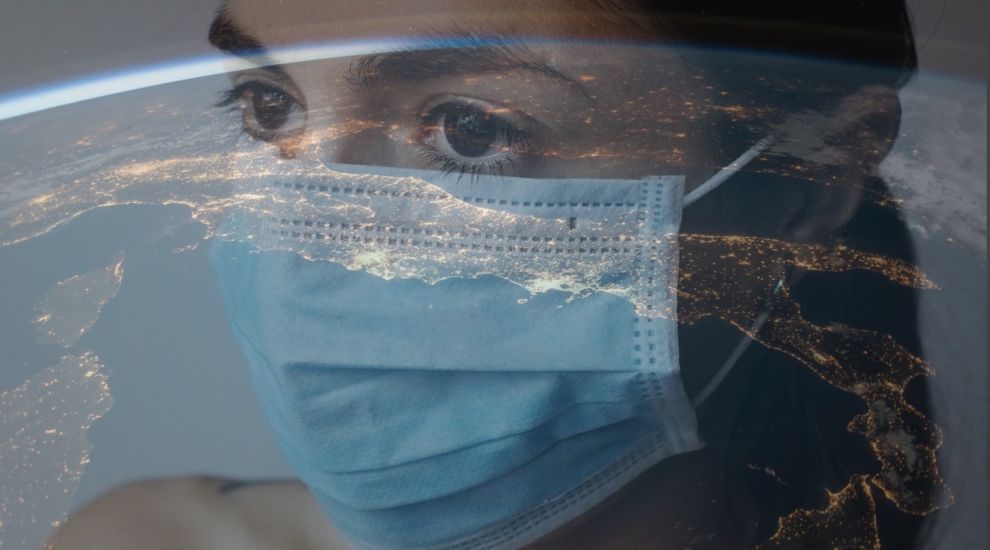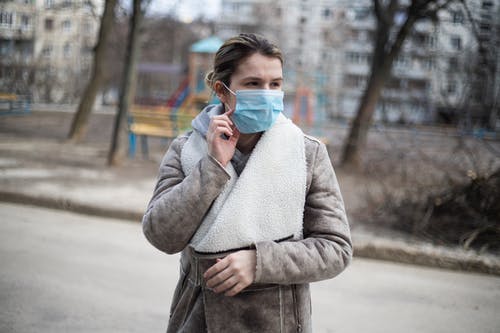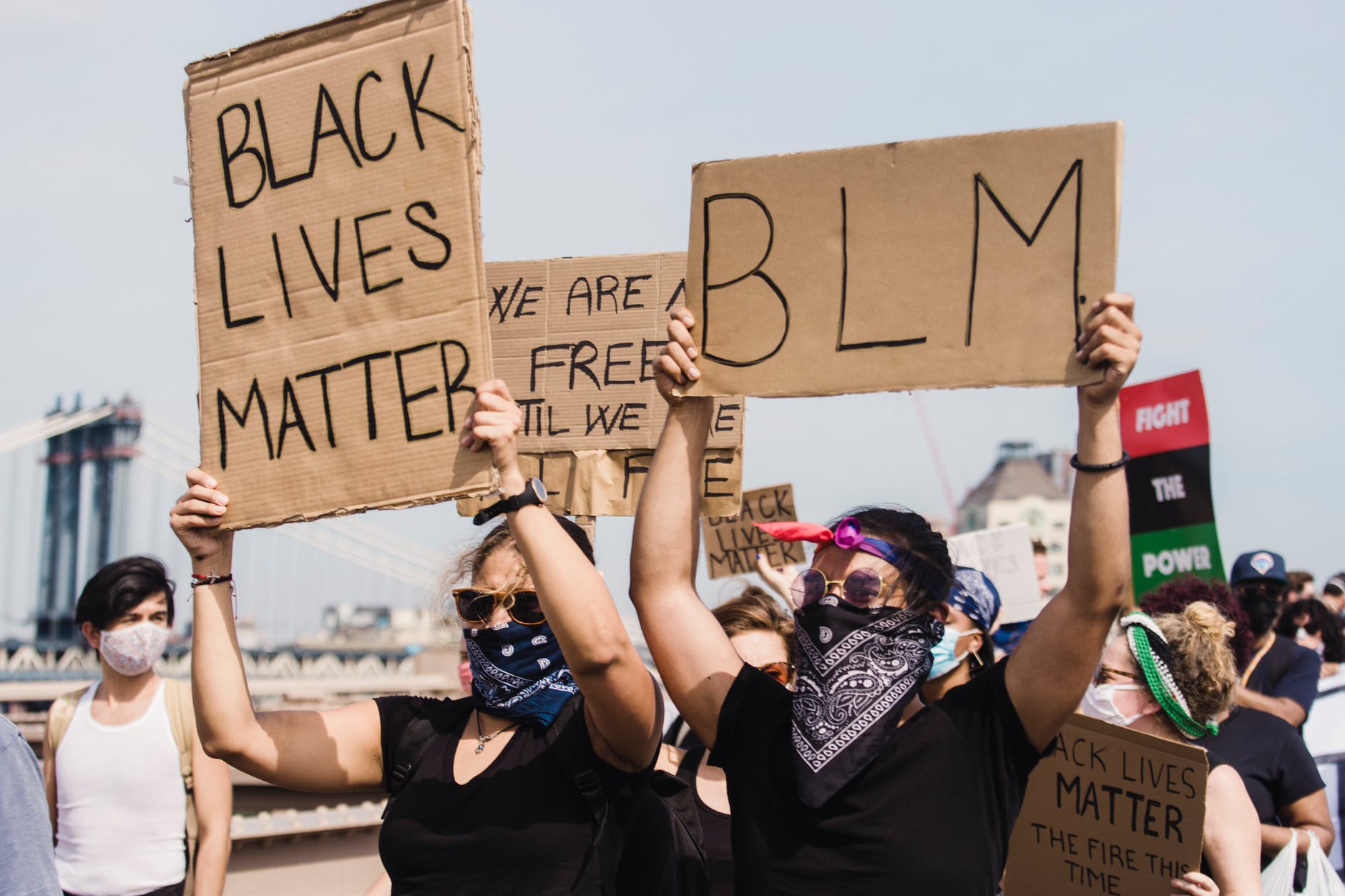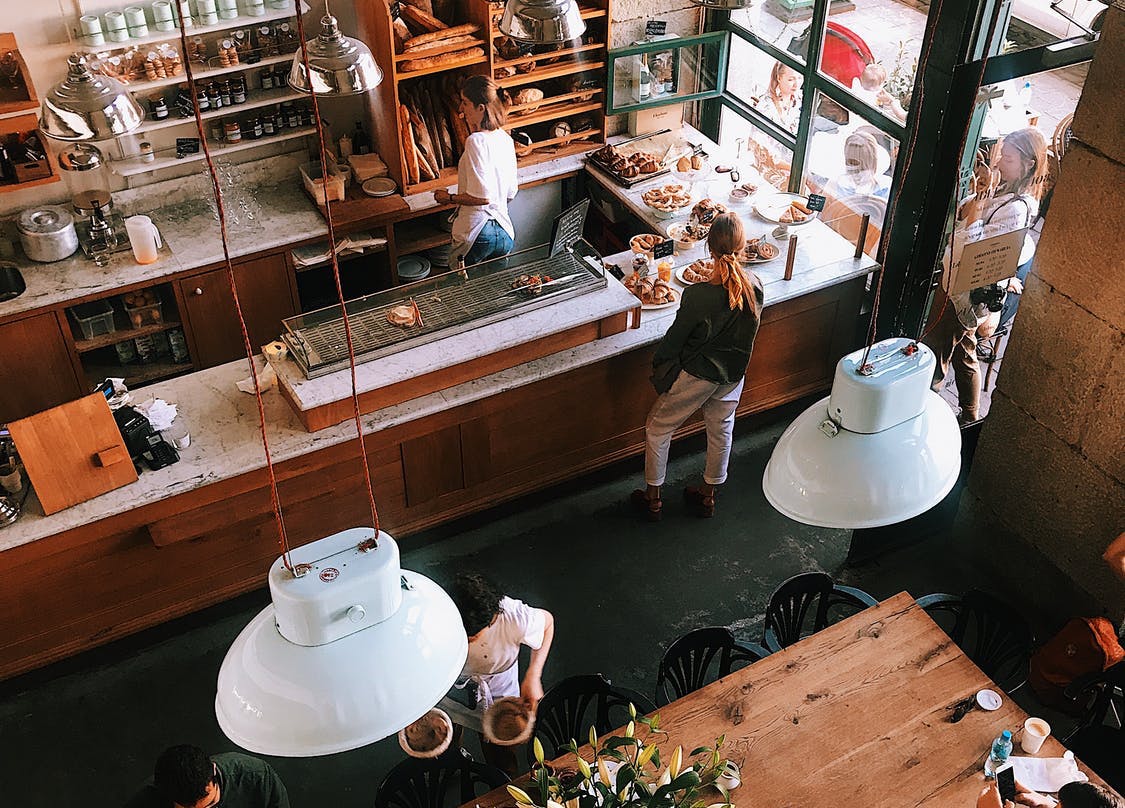

"In all the drama of the last few months, do you know what appears to have lost all sense of meaning? The word 'normal'."
Express's wellbeing columnist Emilia Summers explains...
"The poor adjective has been the focus of speculation for some time now, almost as if it were to blame for most of the world’s problems. Without it we would simply be ‘average’ or ‘ordinary’, yet with it comes a bucketful of problems including discrimination and political upheaval.
Is it time to exile the word from the English language; or is there hope of regaining some kind of normality for what normal means to us?
I’ve just returned from a trip to my local supermarket to grab some lunch where I was berated, in quite colourful language, for involuntarily coughing. Despite my best attempts to hold it in, my body won the battle of what used to be seen as a normal bodily function, much to the dismay of fellow shoppers. I may as well have left the shop bearing a scarlet letter, and certainly won’t be returning there for some months; or at least until I’ve adopted a new hairstyle.

Pictured: The etiquette behind mask-wearing has complicated our ideas of what 'normal' behaviour is.
The new normal was pegged to be a kinder, more understanding place - but with new rules and concepts of what is socially acceptable having been turned on their head, social interactions have become a minefield. Hugs have become something found only on the black-market, and you can expect dirty looks if you are wearing/not wearing a face mask at certain venues (the rules on this still confound me). Is it any wonder that people are retreating to the sanctity of their own homes, not only for fear of infection, but because they have no idea how to behave normally?
To a certain extent, normal has long had derogatory connotations. Who wants to be known as normal? Normal is safe, normal is boring, normal is not what leaders of tomorrow are made of. In today’s competitive society, we are taught to be exceptional, to follow our dreams and to aim high. Normal was a thing to be avoided - that was until things started to go very wrong.

Pictured: Perceptions of what is and isn't acceptable have changed rapidly in the past year with the increased prominence of the Black Lives Matter movement.
Then it became the one thing that everyone craved. Headlines heralded Guernsey’s victory as the first island to return to ‘normal working order’, with countries around the world defining their own new normal. Labelling things as ‘normal’ has become a way of making order out of so much chaos, a point of reference we can understand and sympathise with.
Hindsight is a weird thing. You’ve only to look at the recent backlash over the BlackLivesMatter campaign to see that our perception of what is and isn’t acceptable can change incredibly quickly and the question still lingers over whether we can or should be correcting past mistakes, without erasing the history books entirely.
In the case of the covid-19 pandemic, it’s taken us a mere matter of weeks to look back on our previous behaviour with horror and exclaim ‘was that really ever normal?’ Did we really spend up to two hours commuting to a job that could have easily been performed at our homes?

Pictured: Even simple transactions like getting a coffee have been forever changed by covid-19.
At the other end of the spectrum there are certain things which we hope will never become our normal. Handing over a list of personal details to buy a cup of coffee, or queuing for an hour just to enter a high street store.
These past months, when our snow globe of a world has been given a rather vigorous shake, have shown us how precarious life is. That it is fragile and can change within a matter of mere seconds. Our normal had become dated, and was not fit for purpose, it needed to be torn down in order to be rebuilt and for a time, will be a word that poses more questions than delivering answers."
This article first appeared in Connect Magazine, which you can read by clicking HERE.